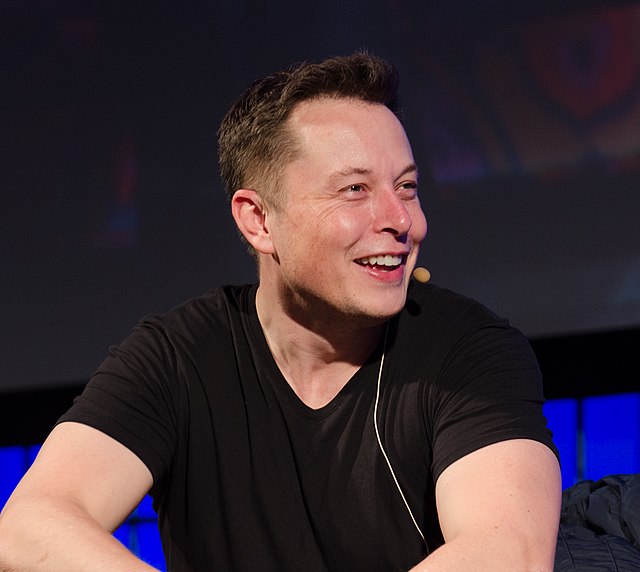The U.S. Supreme Court's decision not to hear Elon Musk's appeal against a securities fraud settlement has firmly upheld the regulatory stipulations restricting his public communications concerning Tesla Inc. This legal resolution stems from Musk's infamous 2018 tweet declaring he had "funding secured" for a private buyout of Tesla (TSLA), which the Securities and Exchange Commission (SEC) deemed misleading, resulting in a significant settlement that included financial penalties and operational restrictions for Musk.
As per the 2018 agreement, Musk was mandated to relinquish his role as Tesla's chairman and both he and the company were each fined $20 million. Crucially, the settlement included a clause requiring that certain of Musk’s communications be pre-approved by Tesla's legal counsel. This was aimed at preventing the dissemination of potentially misleading information that could affect the company's stock price and investor decisions. Musk's attempt to overturn this requirement was seen as a challenge to the SEC's authority to regulate executive speech as part of corporate governance and securities compliance.
Market Overview:
-The Supreme Court denies Elon Musk's appeal to overturn a settlement provision requiring pre-approval of some Tesla-related tweets.
-This upholds the SEC's authority to restrict Musk's public statements about Tesla under the 2018 fraud settlement.
-The decision raises questions about the balance between free speech and market regulation.
Key Points:
-The Supreme Court declines to hear Musk's case challenging the SEC's pre-approval mandate for certain Tesla tweets.
-This restriction stemmed from a 2018 settlement over Musk's misleading "funding secured" tweet regarding taking Tesla private.
-Musk argued the pre-approval provision was an unconstitutional infringement on his First Amendment right to free speech.
Key Points:
-The high court's decision leaves the SEC's pre-approval mandate in place, potentially affecting future settlements.
-The case reignites debate on the boundaries of free speech and regulatory authority regarding public company executives.
-Musk's ability to communicate about Tesla on social media remains subject to potential limitations.
The refusal by the Supreme Court to entertain Musk's challenge effectively leaves the original court's decision intact, which supports the SEC's position and maintains the status quo concerning the oversight of executive statements on social media that could impact the financial markets. This decision emphasizes the extent to which corporate executives are bound by the legal frameworks that govern their communications, particularly those with the potential to influence market movements.
This legal development reinforces the message that even high-profile business leaders must operate within the established regulatory and legal frameworks, highlighting the ongoing tension between corporate governance and the personal freedoms of corporate executives. The ruling may set a precedent that could influence how similar cases are handled in the future, particularly in an era where the intersection of social media and business necessitates clear guidelines to govern executive conduct in public communications.





